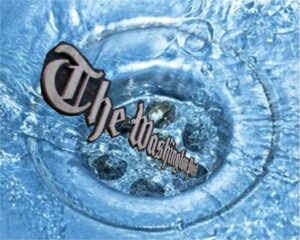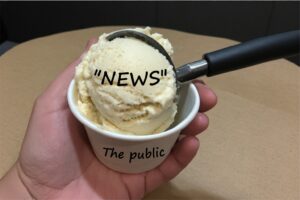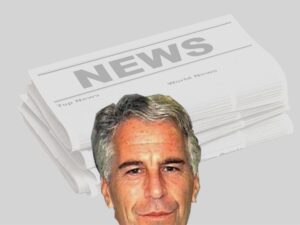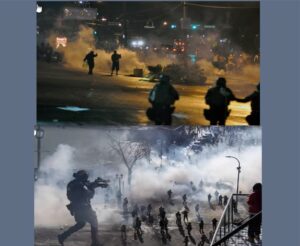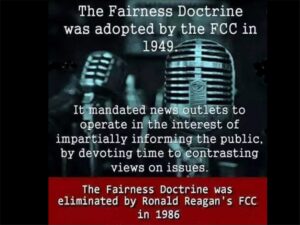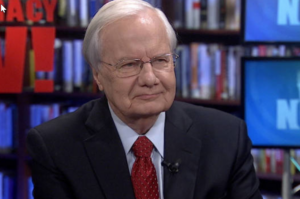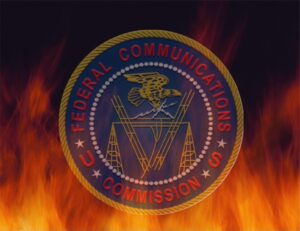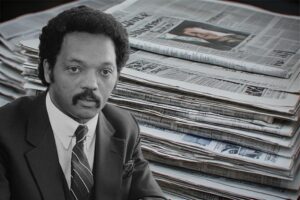
Article in FAIR by Jim Naurekas, 2/19/26
Headline: “Why Corporate Media Needed to Misrepresent Jesse Jackson”
“If there’s one person onto whom establishment media have projected their anxieties about race, class and democracy, it’s the Rev. Jesse Jackson, who died this week at the age of 84.
“The civil rights icon, a protege of Martin Luther King and a brilliant community organizer, made history with his groundbreaking runs for the presidency in 1984 and 1988 (Extra!, 3–4/88). He put together what he aptly called a Rainbow Coalition. . .”
“Advocating for these constituencies with an unabashedly left agenda—a brave move in Reaganite America—Jackson did well in both of his races for the Democratic nomination. . .”
“And that kind of politics terrified an elite that thrives on keeping the 99 Percent divided and conquered. ‘Jesse Jackson scares the bejesus out of me,’ then–New York Times publisher Arthur ‘Punch’ Sulzberger Sr. confided to FAIR’s Jeff Cohen in a private meeting in 1990 (Extra!, 3–4/90).
“And this fear was palpable in corporate media coverage, from the right to what passed as the centrist ‘left,’ from 1984 well into the 21st century. . .”
Read the full article at:
https://fair.org/home/why-corporate-media-needed-to-misrepresent-jesse-jackson/


